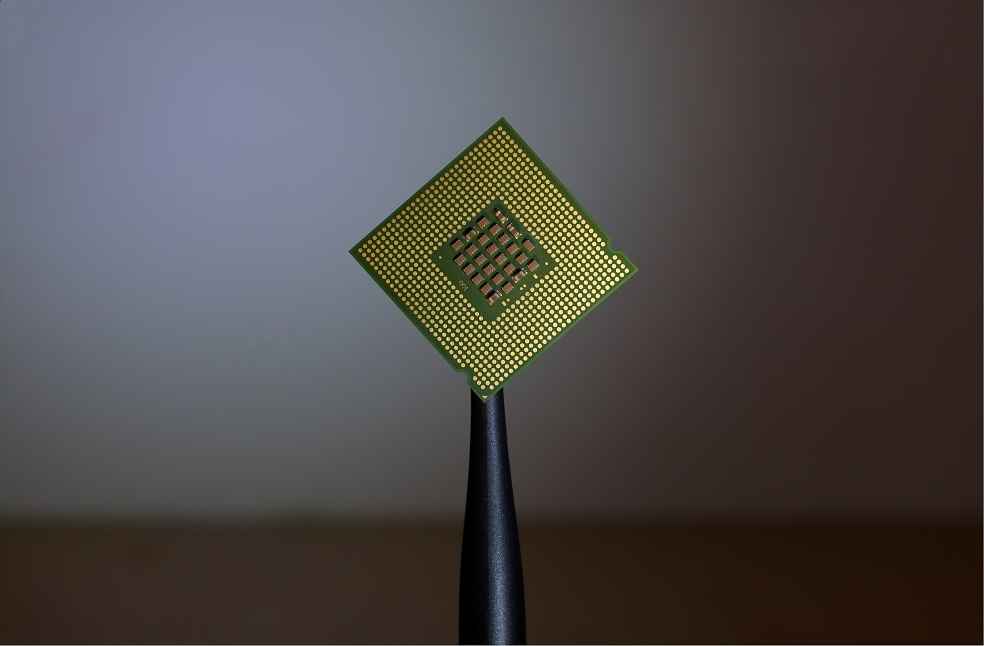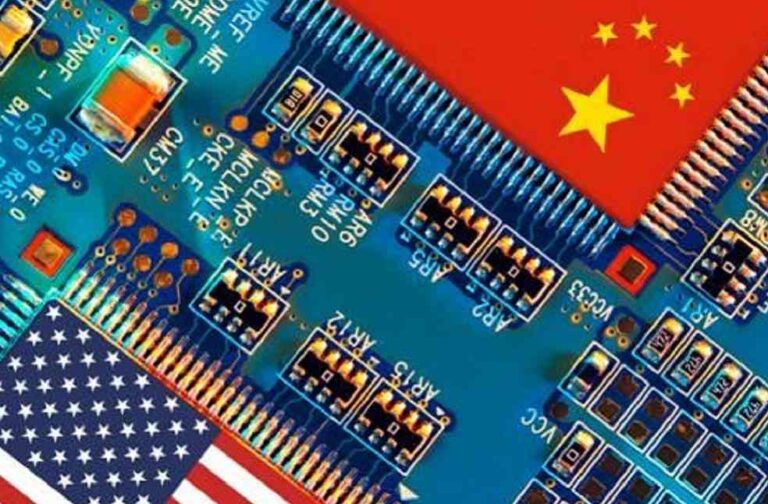China’s chip imports saw a sharp rise in 2024 as businesses moved swiftly to stockpile advanced semiconductors ahead of new US export controls. The measures, announced on Monday by the outgoing Biden administration, aim to curb China’s access to high-tech semiconductors critical for applications such as AI data centers.
According to the General Administration of Customs, China imported 549.2 billion integrated circuits (ICs) last year, marking a 14.6% increase compared to 2023. The total value of these imports reached $385 billion (£315 billion), representing a 10.4% year-on-year growth. This figure surpassed China’s annual crude oil imports, valued at $325 billion in 2024.
Stockpiling Advanced Chips
To bypass existing US export restrictions, some Chinese companies procured advanced chips through third-party suppliers in countries not bound by the restrictions. However, the new trade regime seeks to close these loopholes, limiting exports to all but a few of the closest US allies and requiring licenses for sales exceeding specified thresholds.

The new measures have drawn mixed reactions. US chip companies and industry groups expressed concerns about the potential economic fallout, while national security organizations welcomed the tighter controls.
In response, China’s Ministry of Commerce accused the US of “abusing export controls” and called the restrictions a “blatant violation” of international trade norms.
Rising IC Exports
China’s exports of integrated circuits also grew sharply in 2024, reaching 291.1 billion units—a year-on-year increase of 11.6%. The total export value climbed to $159 billion, up 17.4% from the previous year. Notably, the 2024 export value nearly doubled from the $84.6 billion recorded in 2018, the year the US-China trade conflict began.

Focus on Legacy Chips
Chinese manufacturers have ramped up production of legacy chips, which are widely used in consumer goods such as televisions and washing machines. This trend has raised concerns among US authorities.
In December, the US Trade Representative’s office launched an investigation into China’s legacy chip industry. US Trade Representative Katherine Tai alleged that China seeks to dominate domestic and global chip markets through “extensive anticompetitive and non-market means.”
IMEX SECTOR | China-Russia Trade Hits New High Despite Western Sanctions



